New Zealand is renowned for its progressive approach to sustainability and politics, making it an intriguing case study when compared to the European landscape. In the realm of social media's influence on politics, both New Zealand and Europe present unique dynamics and challenges. As we delve into the comparative analysis, we aim to uncover the nuances of how social media shapes political discourse and policy-making in these regions.
Social Media's Role in New Zealand Politics
Social media platforms have become pivotal in New Zealand's political landscape, where approximately 73% of Kiwis are active social media users (Stats NZ, 2023). This high engagement rate provides a fertile ground for political parties and advocacy groups to connect with the electorate. The 2020 general elections demonstrated this trend, with parties leveraging platforms like Facebook and Twitter for campaign outreach and voter engagement.
A notable example of social media's influence is the "Climate Strike for Schools" movement, which gained significant traction through online platforms. Initiated by students, this movement emphasized the urgency of addressing climate change, pressuring the government to adopt more stringent environmental policies. The impact of such movements highlights the power of social media in mobilizing public sentiment and influencing political agendas.
Case Study: The Green Party of Aotearoa
The Green Party of Aotearoa has effectively harnessed social media to advocate for sustainable policies. During the 2020 elections, the party's strategic use of digital platforms resulted in a 4% increase in overall votes, securing a stronger presence in parliament. The party's approach included live-streaming debates, engaging in real-time discussions with constituents, and using infographics to simplify complex policy issues.
This case study underscores the potential for social media to amplify voices advocating for environmental and social justice, resonating with New Zealand's commitment to sustainability.
European Perspective: A Diverse Landscape
In Europe, the role of social media in politics is multifaceted, reflecting the continent's diverse political systems and cultural contexts. Countries like Germany and France have seen the rise of digital activism, with platforms playing a crucial role in shaping public opinion and policy debates.
One of the most significant instances is the role of social media in the Brexit referendum. Social media campaigns, both pro and anti-Brexit, fueled public discourse, providing a platform for debate and misinformation. The aftermath of Brexit showcased the double-edged sword of social media: while it empowers grassroots movements, it also poses challenges in terms of misinformation and echo chambers.
Case Study: The European Parliament Elections
The 2019 European Parliament elections illustrated social media's influence, with platforms like Facebook and Instagram being instrumental in reaching younger voters. Political parties utilized targeted ads and interactive content to engage with the electorate, resulting in the highest voter turnout in two decades.
However, this digital engagement also highlighted the need for robust data privacy regulations, leading to the implementation of measures like the General Data Protection Regulation (GDPR) to safeguard user information and ensure transparency in digital campaigning.
Contrasting Perspectives: New Zealand vs. Europe
Pros of Social Media in Politics
- Increased Engagement: Both regions have seen heightened political engagement, particularly among younger demographics.
- Amplifying Voices: Social media platforms offer a voice to marginalized groups, promoting inclusivity in political discourse.
- Real-Time Feedback: Politicians can gauge public sentiment and adapt their strategies accordingly.
Cons of Social Media in Politics
- Misinformation: The spread of false information can sway public opinion and undermine democratic processes.
- Data Privacy Concerns: The collection and use of personal data raise ethical and legal questions.
- Polarization: Echo chambers can deepen societal divisions, hindering constructive dialogue.
Common Myths & Mistakes
Myth: "Social media only influences younger voters."
Reality: Statistics show that social media reaches diverse age groups, with increasing engagement from older demographics (Source: NZ Social Media Insights 2023).
Myth: "All social media platforms are equally effective for political campaigns."
Reality: Different platforms cater to varied audiences; understanding these nuances is crucial for effective outreach (Source: European Political Marketing Study 2024).
Future Trends & Predictions
Looking ahead, the role of social media in politics is set to evolve. By 2028, it is predicted that augmented reality experiences will become commonplace in political campaigning, offering immersive ways for voters to engage with policy proposals (Source: Deloitte Digital Future Report 2024). For New Zealand, integrating these technologies could enhance transparency and foster a more informed electorate.
Conclusion
As we navigate the complexities of social media's influence on politics, both New Zealand and Europe offer valuable insights. While social media presents opportunities for engagement and advocacy, it also necessitates vigilance against misinformation and privacy breaches. By embracing best practices and fostering digital literacy, we can harness the power of social media to drive positive political change.
What’s your take on the role of social media in politics? Share your insights below!
Related Search Queries
- Social media influence on New Zealand politics
- European social media political campaigns
- Impact of social media on elections
- Social media misinformation challenges
- Future of digital campaigning


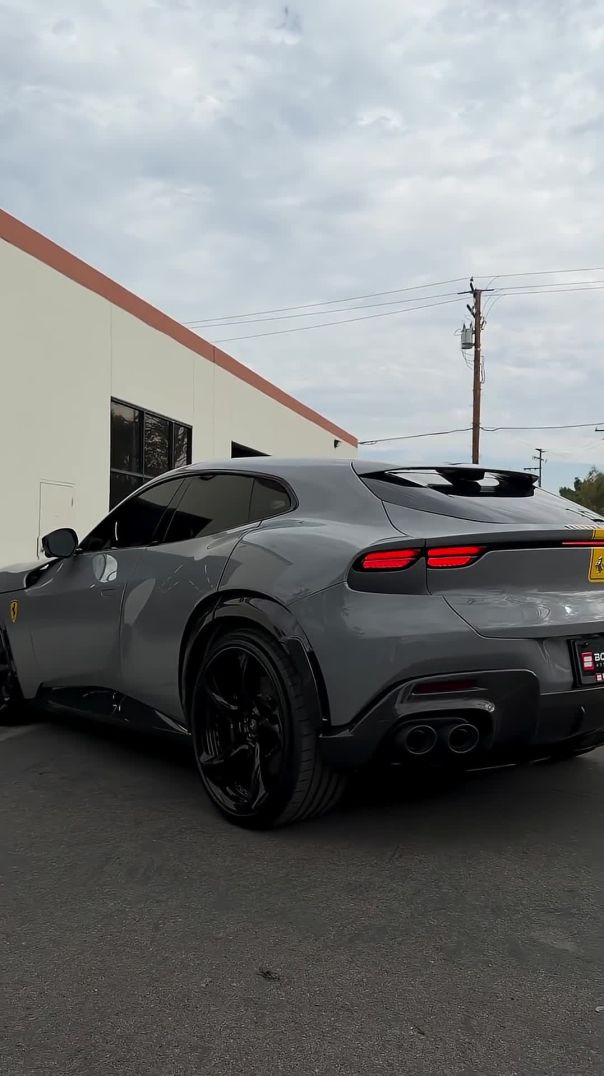




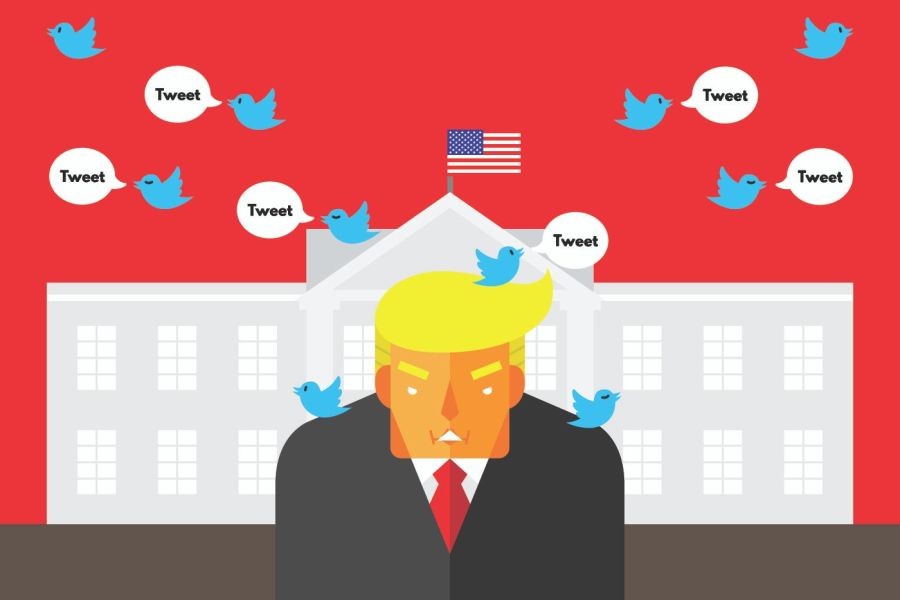










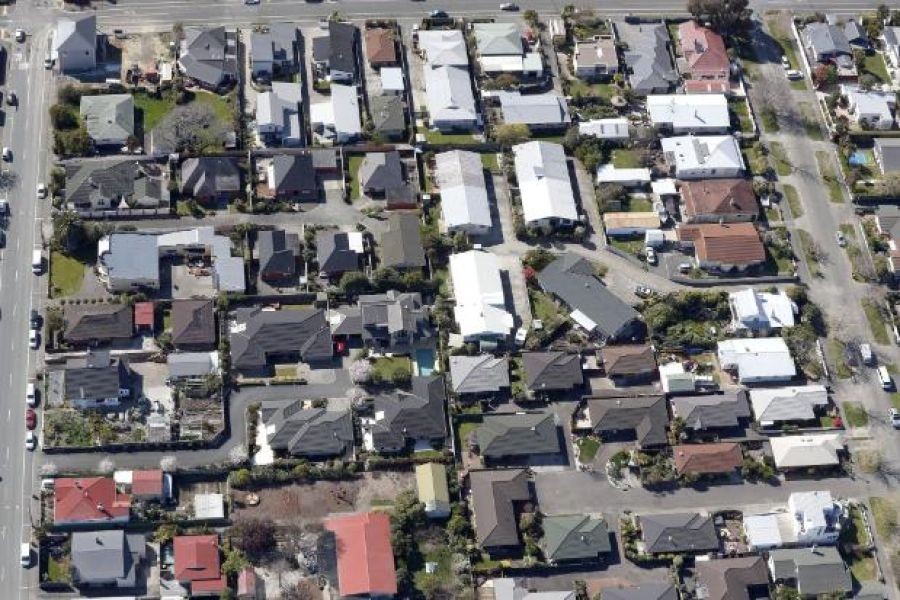



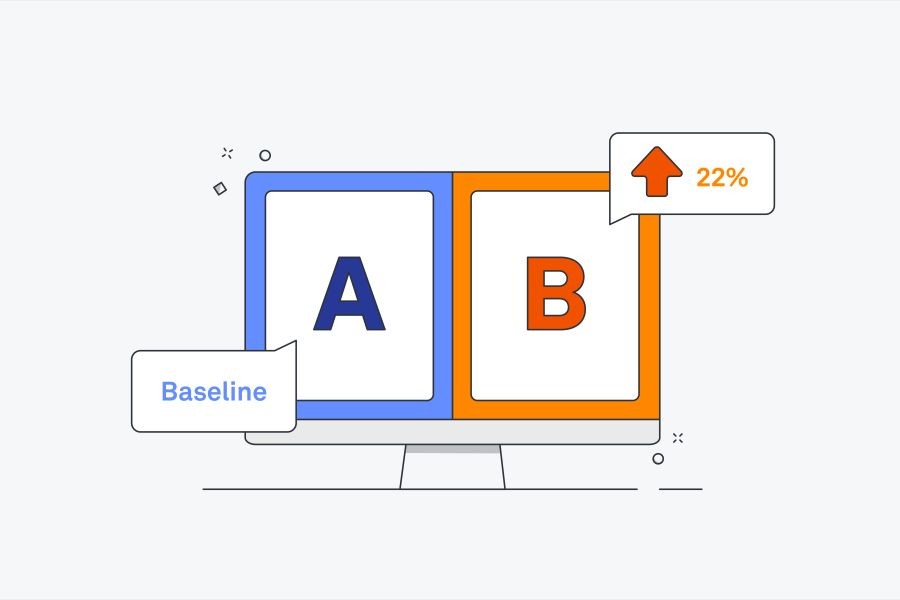



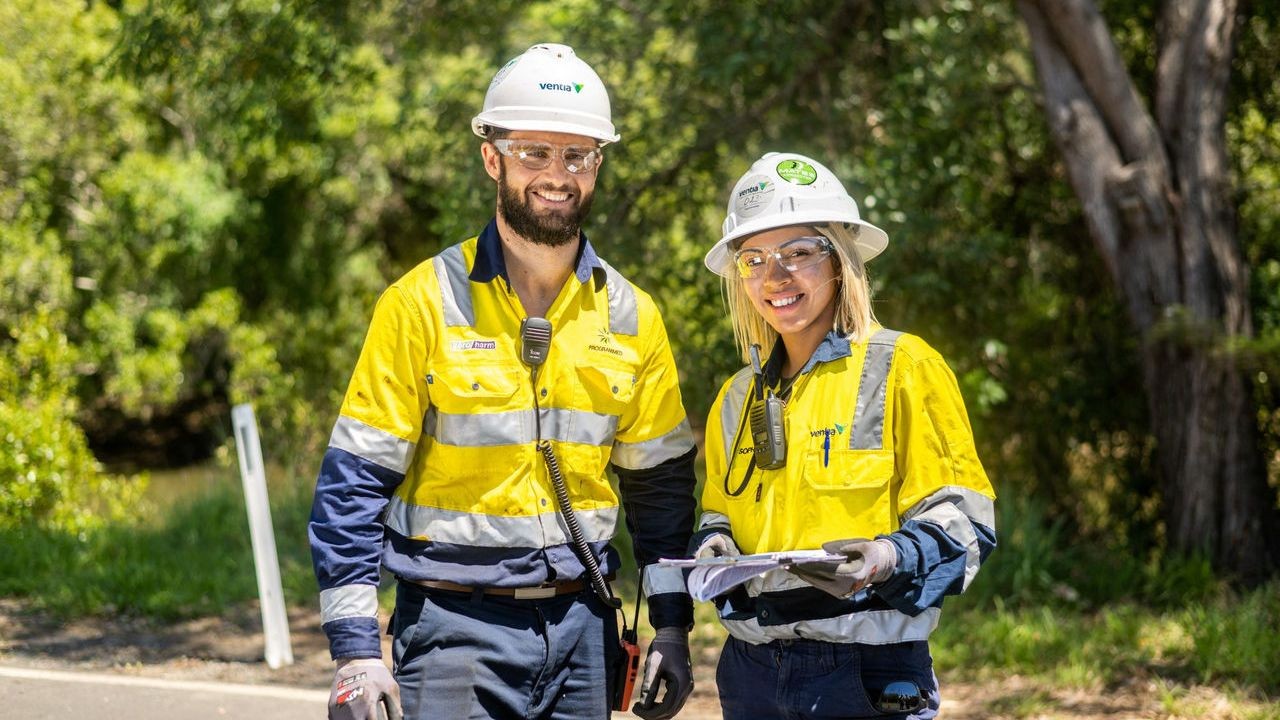
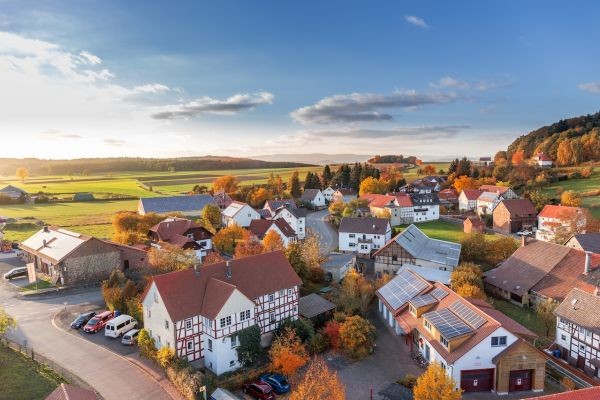







Skypro Roofing Repair
7 months ago